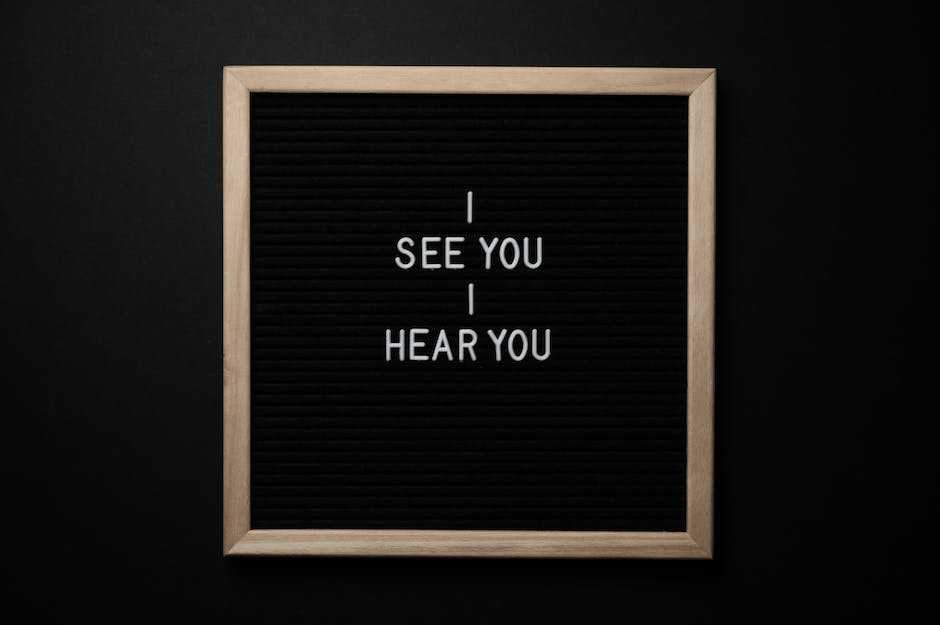Contents
Is Radioactive Iodine Treatment Right for You?
When facing a health issue, it’s important to be informed on the best and safest treatments available before making any decisions. Radioactive Iodine Treatment (RAIT) is one such method used for hyperthyroidism and thyroid cancer, but could it be the right option for you? Read on to learn about the factors to consider and potential risks associated with RAIT.
Factors to Consider
First, you should know that RAIT does not require surgery. Rather, it is a non-invasive procedure where a patient is given oral radioactive iodine (I-131) which enters the bloodstream and targets specifically thyroid cells, destroying them. However, not everyone qualifies for this treatment. A diagnosis of hyperthyroidism or thyroid cancer must first be confirmed by your doctor and other conditions such as pregnancy, breastfeeding, and pre-existing kidney disease should be carefully taken into account.
Potential Risks and Side Effects
Though most patients do not experience any significant side effects with RAIT, some of the common ones include: nausea and vomiting, sore throat, and swelling of the neck and salivary glands. It is also important to note, that due to the radioactive iodine, RAIT could potentially damage other organs in your body, making it a risky treatment. Your doctor can help provide more information about these potential risks and side effects so you can determine if RAIT is the best course of action for you.
If you or a loved one is facing a thyroid condition such as hyperthyroidism or thyroid cancer and looking into radioactive iodine treatment, you should ask yourself the all-important question: Is RAIT the right option for you? Knowing the factors to consider and risks associated with the procedure will help you make an informed and responsible decision to ensure your health and wellbeing.

What are the side effects of radioactive iodine treatment?
Common side effects of radioactive iodine treatment can include mild to moderate nausea, vomiting, and loss of appetite. Other side effects can include dry mouth, sore throat, a metallic taste in the mouth, swollen salivary glands, a decrease in thyroid hormone production, fatigue, and a rash. Longer-term side effects may include infertility, development of secondary cancers, and thyroid damage.
